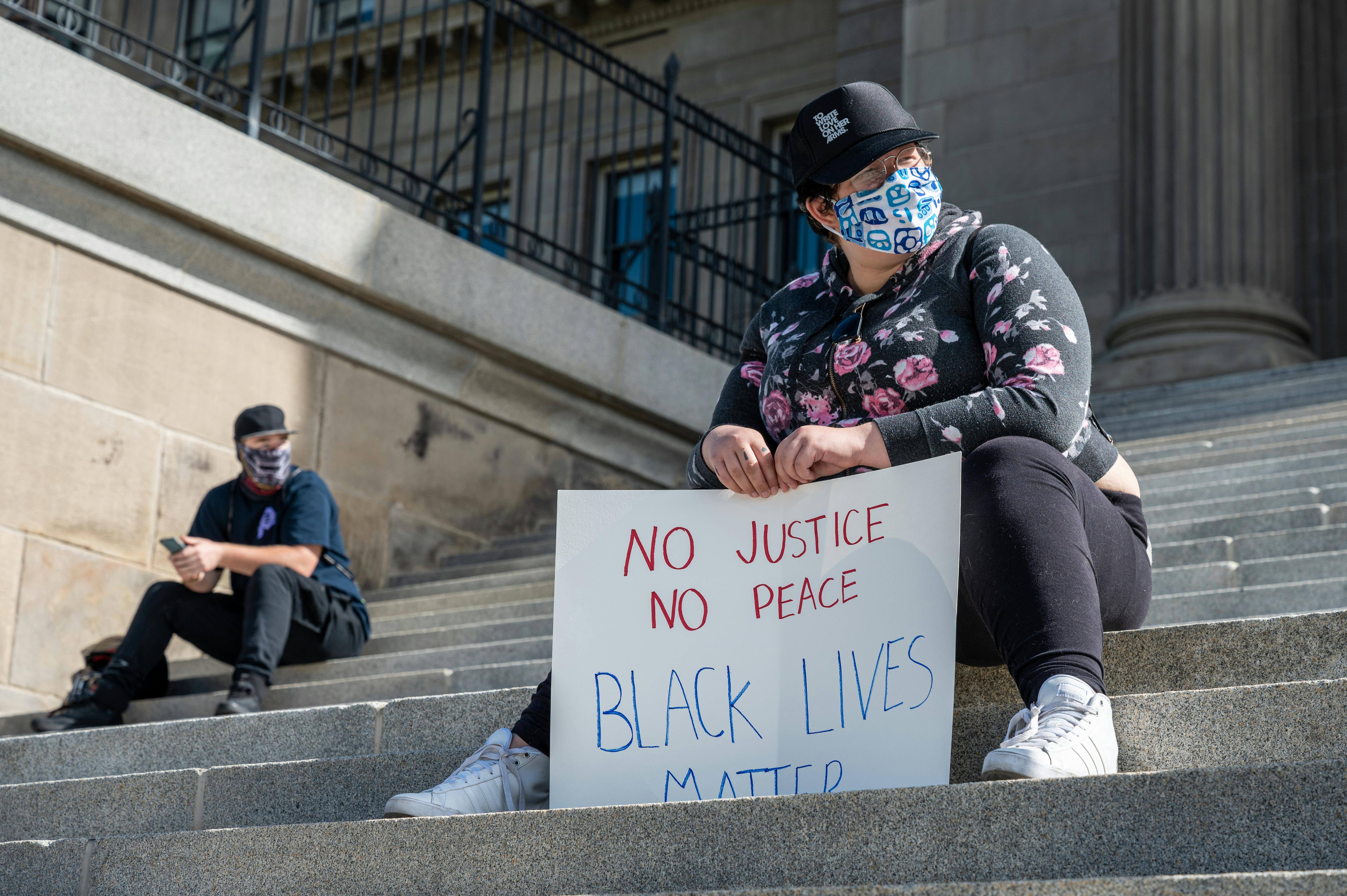A potential client called me earlier in the week and asked if I needed a will. The caller was not married and had no children or grandchildren. He did not own any real property. All of his bank accounts were payable to beneficiaries upon death and he owned minimal personal property. He had the perfect plan; nothing was going to go through probate, so he didn’t think he needed a will.
You may not need a will. I didn’t know exactly, as self-help estate planning often leads to mistakes or properties that don’t have the proper designations. In this situation, the will is prophylactic. It ensures that if a mistake is made or the designation of a beneficiary fails, that property passes to the intended recipient.
I moved the discussion from planning death to what kind of planning he had for his life. I asked him if he had a power of attorney for finances. His answer was no. “Do you have an Advance Health Care Directive (also known as a Power of Attorney for Health Care)?” “No.”
The lack of such planning worried me because I knew that he didn’t have a partner or children to take care of him if he couldn’t take care of himself. What if you had a stroke or suffered from dementia or Alzheimer’s? Perhaps his siblings would step in to take care of him, but how? They would have to spend their money to establish a guardianship and guardianship or other court proceedings. These processes take time and money to set up and are expensive to administer.
To help you manage your finances, you could execute a power of attorney for finances that would give a trusted sibling or family member the ability to manage your finances should you become incapacitated and unable to do so. It is called emergent power of attorney because it is only effective in the event of disability. The power of attorney can grant broad powers and sets out detailed instructions on what the designated agent can and cannot do on behalf of the person. More importantly, it would allow the caller to designate who they want to manage their finances, not a judge. Drafting and executing a power of attorney in this situation is relatively inexpensive compared to the cost of establishing and maintaining a conservatorship.
In Oregon, an advance health care directive would help the caller by appointing a health care agent to make health care decisions for you when they are unable to do so. It would potentially eliminate the need for guardianship proceedings. The representative can make decisions based on the instructions left in the directive. Among the decisions that the representative can make is to retain or withdraw life support, nutrition, or hydration. The Advance Health Care Directive does not authorize euthanasia, assisted suicide, or any overt action to end a person’s life.
This example is part of the self-help planning problem. Although the caller was very thorough in planning his death, he did not think about his life. In this caller’s case, life planning was much more important than death planning, but she hadn’t thought about it.
© 9/27/2013 Kevin J. Tillson of Hunt & Associates, PC All rights reserved.



